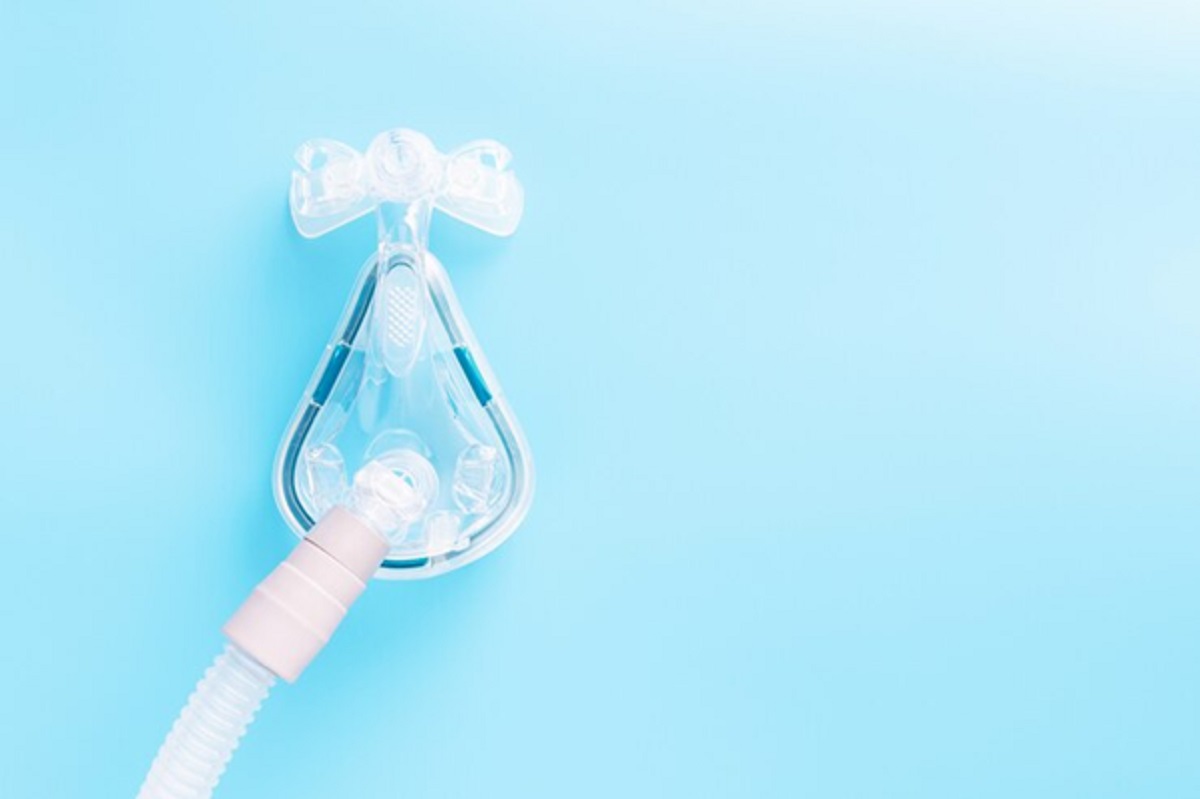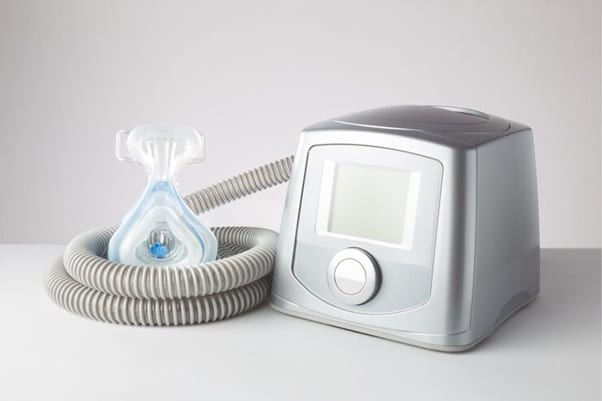Listen to the Podcast:
Pregnancy is an exciting time, but it can also bring a host of challenges, including disrupted sleep. For women who suffer from sleep apnea, pregnancy can exacerbate the condition and cause potentially serious health complications. Fortunately, continuous positive airway pressure (CPAP) machines, such as those available at https://www.respshop.com/cpap-machines/ , can help improve sleep quality and mitigate the negative effects of sleep apnea during pregnancy.
The purpose of this paper is to examine the effects of sleep apnea on pregnancy, analyze how CPAP machines can promote better sleep quality, provide advice for utilizing CPAP machines while pregnant, and highlight important safety precautions.
The impact of sleep apnea on pregnancy
Sufferers of sleep apnea undergo numerous instances of breathing pauses followed by restarts while asleep. The condition brings about deleterious symptoms such as exhaustion and bad temper which pose an impact on the general well-being of individuals.
When pregnant women fall victim to sleep apnea though, grave health consequences follow suit for both mother and baby in tow. Disregarding this issue opens up opportunities for adverse effects ranging from gestational diabetes to preterm birth down to low infant birth weight levels also paving way for incidents like postpartum hemorrhage. Physical and mental health enhancements attributed to routine physical activity were discovered by researchers during the study.
How CPAP machines can improve sleep quality during pregnancy?
For those suffering from obstructive sleep apnea (OSA), treatment options can make all the difference in promoting restful nights – particularly pregnant individuals dealing with added discomforts associated with growing fetuses. Amongst popular therapeutic approaches for this condition is Continuous Positive Airway Pressure (CPAP) therapy which involves supplying pressurized oxygen via an attached mask, allowing for increased airflow throughout slumber.
Using a CPAP machine during periods of rest can not only provide relief from troublesome symptoms but also aid in decreasing risks linked with the compromised respiratory system functioning commonly found among those battling OSA symptoms without treatment intervention.
Tips for using CPAP machines during pregnancy
If you are pregnant and using a CPAP machine to treat sleep apnea, there are a few tips to keep in mind to ensure safety and comfort:
- Use a mask that fits properly: It’s important to use a mask that fits snugly and comfortably over your nose and/or mouth to prevent air leaks and ensure effective treatment.
- Adjust pressure settings if necessary: Pregnancy can cause changes in weight and fluid retention, which can affect the effectiveness of CPAP treatment. If you experience any discomfort or notice changes in your symptoms, talk to your healthcare provider about adjusting the pressure settings on your CPAP machine.
- Keep the machine clean: To prevent infections and maintain optimal performance, it is necessary to regularly clean and replace the various components of your CPAP machine.
- Use a humidifier: Dry airways are never comfortable but can be especially problematic during pregnancy when added discomfort could cause long-term issues. Fortunately, using a CPAP machine doesn’t necessarily mean having to live with dryness and irritation as adding a humidifier can restore moisture levels within the environment, creating optimal conditions for healthy breathing patterns.
Safety considerations for using CPAP machines during pregnancy
There are certain things pregnant women should consider before using a CPAP machine:
- When pregnant and contemplating the use of a CPAP machine, consulting with your healthcare provider is critical in identifying any possible risks or apprehensions.
- Following the instructions provided by your healthcare provider for using your CPAP machine, including cleaning and maintenance is imperative. Using the machine incorrectly can result in less effective treatment, deteriorating health, and costly repairs.
- Don’t neglect the importance of maintaining awareness of your body’s response to CPAP therapy during pregnancy. If you encounter any issues such as unexpected symptoms or adverse reactions, inform your healthcare provider without delay for their guidance.
- Be aware of potential risks: CPAP treatment in pregnancy’s long-term effects may not be fully explored, but initial studies suggest a likely connection with preterm birth. Nevertheless, its effectiveness in treating sleep apnea more than compensates for any risks. Therefore, seeking guidance from a healthcare professional before adopting the therapy is advisable.
Conclusion
Pregnancy comes with its set of challenges, particularly for women struggling with sleep apnea. However, adopting a CPAP machine can turn things around by improving sleep quality and minimizing the adverse effects of the condition. Don’t forget to consider some critical safety measures and practice these tips for an optimum experience while using a CPAP machine during pregnancy. If apprehensions crawl up don’t hesitate to open up to your healthcare provider.










































